Here’s a reality check: selling on Amazon isn’t quite as simple as listing your old comic book collection and watching the money roll in. Trust me, I’ve been there – both as a seller and now working with thousands of ecommerce brands through ProductScope AI. The question “do you need a business license to sell on Amazon” comes up so often, it’s practically become my morning coffee conversation.

The short answer? It depends. (Don’t you just love those kinds of answers?) The long answer is what we’re going to dive into, and it’s actually pretty fascinating how the requirements shift based on everything from your location to whether you’re selling artisanal soap or vintage Star Wars figures.
The Basic Requirements: What Amazon Actually Wants From You
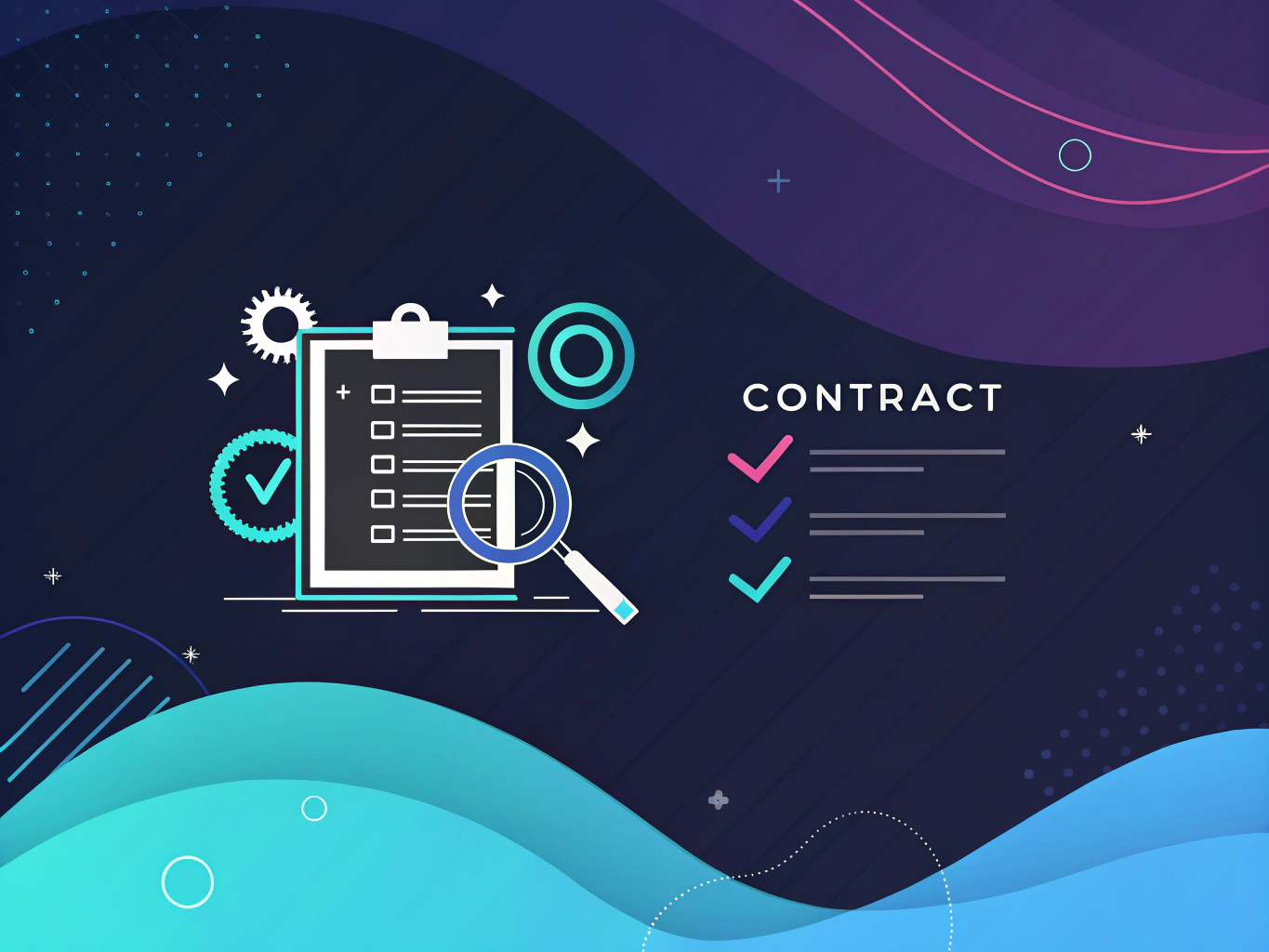
Let’s start with what Amazon itself requires, because that’s your first hurdle. Surprisingly, Amazon doesn’t explicitly require a business license to start selling. It’s kind of like getting into a club – they care more about your ID (in this case, tax information and bank details) than whether you’re wearing a suit.
Individual vs. Professional: Choosing Your Path
Amazon offers two types of seller accounts: Individual and Professional. The Individual account is like dipping your toes in the water – perfect for testing the waters if you’re selling less than 40 items monthly. The Professional account is for when you’re ready to dive in headfirst, costing $39.99 monthly but offering advanced features and reports.
For more advanced sellers looking to expand, understanding how to manage eBay shopping carts can be beneficial.
The Documentation Dance
Here’s what Amazon will actually ask for during registration:
– Government-issued ID
– Tax information (SSN for individuals, EIN for businesses)
– Bank account information
– Credit card for seller fees
– Phone number
– Email address
The Legal Framework: Beyond Amazon’s Requirements
This is where things get interesting – and by interesting, I mean potentially complicated. Just because Amazon doesn’t require a business license doesn’t mean your local government feels the same way. It’s like having parents with different rules; you need to follow both sets to stay out of trouble.
Federal vs. State vs. Local: The Three-Layer Cake
Think of business licensing like a three-layer cake, where each layer represents a different government level you might need to satisfy:
– Federal level: Generally only needed for specific industries (like alcohol or firearms)
– State level: Varies wildly by state (California is notably stricter than Wyoming)
– Local level: City or county requirements that can be surprisingly specific
State-Specific Requirements: Why Location Matters
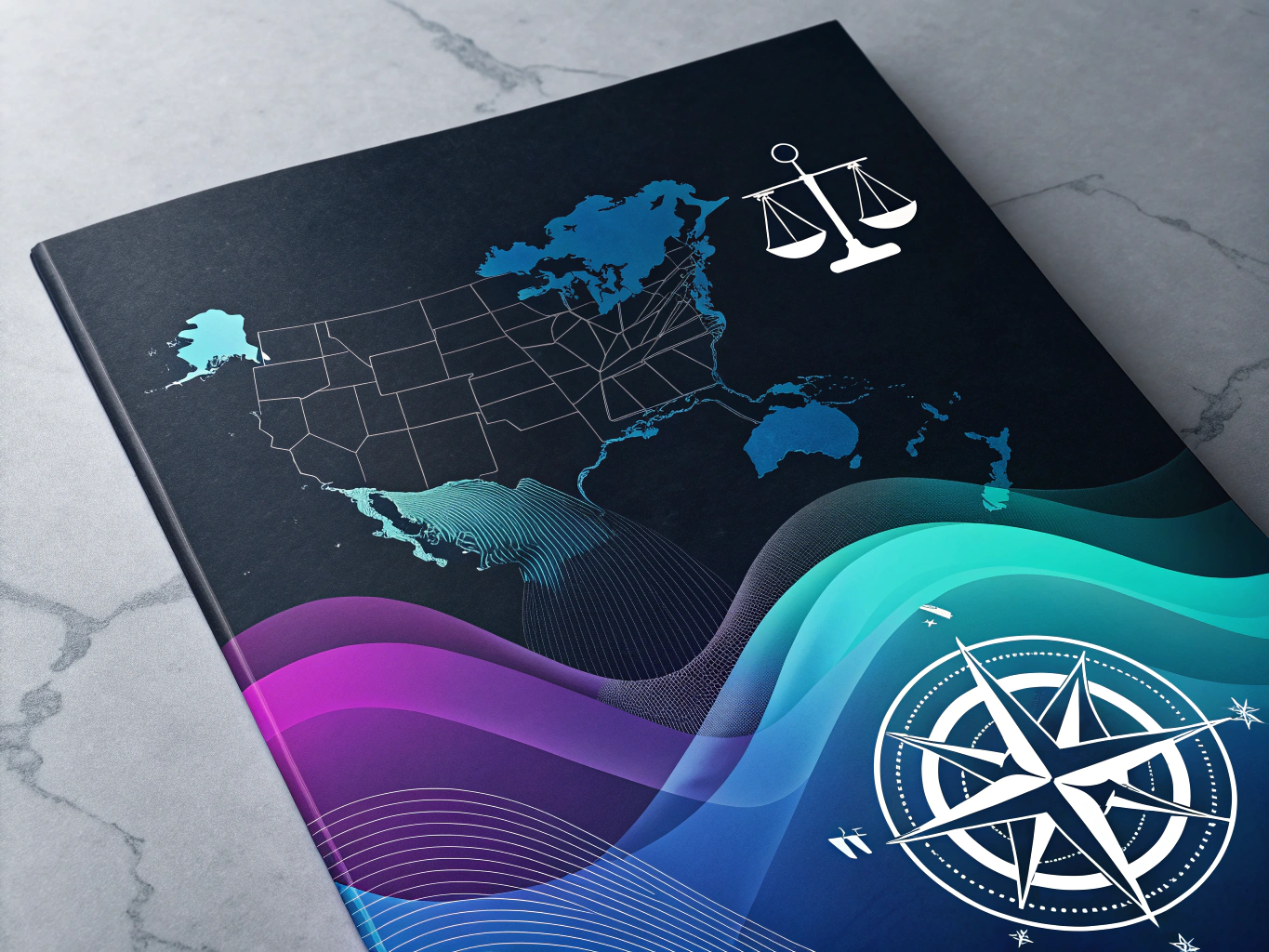
Your location isn’t just important for shipping rates – it can make or break your legal requirements. Some states are like that easy-going friend who’s cool with whatever, while others want to know every detail of your business operations.
The State-by-State Breakdown
Let’s take California as an example (because they love their regulations). If you’re selling on Amazon from the Golden State, you’ll likely need:
– A seller’s permit from the California Department of Tax and Fee Administration
– A business license from your city
– Potentially additional permits depending on your product category
Multi-State Considerations
Here’s where it gets fun: thanks to Amazon’s fulfillment centers, you might need to consider regulations in multiple states. It’s like playing a game of regulatory chess across state lines. The concept of “nexus” means you might have obligations in states where Amazon stores and ships your products, even if you’ve never set foot there.
Business Structure Decisions: Protecting Your Amazon Empire
One of the biggest decisions you’ll make is choosing your business structure. It’s like choosing your character class in an RPG – each has its own strengths and vulnerabilities.
Sole Proprietorship: The Solo Adventure
Starting as a sole proprietorship is the simplest route. It’s just you, your products, and your dreams. No special registration required beyond what your local authorities demand. But remember – your personal assets are on the line if something goes wrong. It’s like playing without armor; easy to start, but risky.
For those considering expansion, exploring Amazon print-on-demand services can be a lucrative option.
LLC and Corporation: Leveling Up
Creating an LLC or corporation is like putting on that armor. Yes, there’s more paperwork and cost involved, but you get liability protection. If someone sues your business, your personal assets are generally protected. For Amazon FBA sellers especially, an LLC can be worth its weight in gold.
Product-Specific Requirements: Not All Products Are Created Equal

The products you’re selling can dramatically affect your licensing requirements. Selling books? Pretty straightforward. Selling supplements or cosmetics? Welcome to a whole new world of regulations.
The Special Categories
Some product categories need special attention:
– Food and beverages require FDA registration and local health permits
– Cosmetics need FDA compliance
– Electronics might need FCC certification
– Children’s products require CPSC compliance
These requirements aren’t just bureaucratic red tape – they’re there to protect consumers. And trust me, Amazon takes them seriously. I’ve seen too many sellers get their accounts suspended because they didn’t do their homework on product requirements.
Import/Export Considerations
If you’re sourcing products from overseas (hello, private label sellers), you might need:
– Import licenses
– Customs bonds
– FDA registration for certain products
– Additional certifications depending on your product category
The world of Amazon selling is complex, but it’s not impossible to navigate. Think of these requirements as the rules of the game – once you understand them, you can play to win. In the next section, we’ll dive into tax obligations and permits, because if there’s one thing more certain than death, it’s taxes (and maybe the fact that AI will still struggle with drawing hands).
Business License Requirements by Location
Here’s where things get interesting—and potentially complicated. Like most aspects of running an Amazon business, licensing requirements aren’t one-size-fits-all. They’re more like a choose-your-own-adventure book, where your location plays a starring role in determining which path you need to take.
State-Specific Requirements
Each state is like that one friend who insists on doing things their way. California, for instance, requires a seller’s permit for anyone selling physical products, while some states are more laid-back about it. The key is understanding your state’s specific requirements before you start listing products on Amazon.
And if you’re thinking about selling across state lines (which, let’s face it, is pretty much inevitable with Amazon), you’ll need to consider multi-state requirements. It’s like playing chess on multiple boards simultaneously—each move needs to comply with different sets of rules.
Local Government Requirements
Your city or county might have additional requirements that need addressing. Some jurisdictions require home-based business permits, even if you’re just storing inventory in your garage. And don’t get me started on zoning restrictions—they can be as complex as trying to explain why AI still can’t draw hands properly.
Business Structure and Licensing Requirements
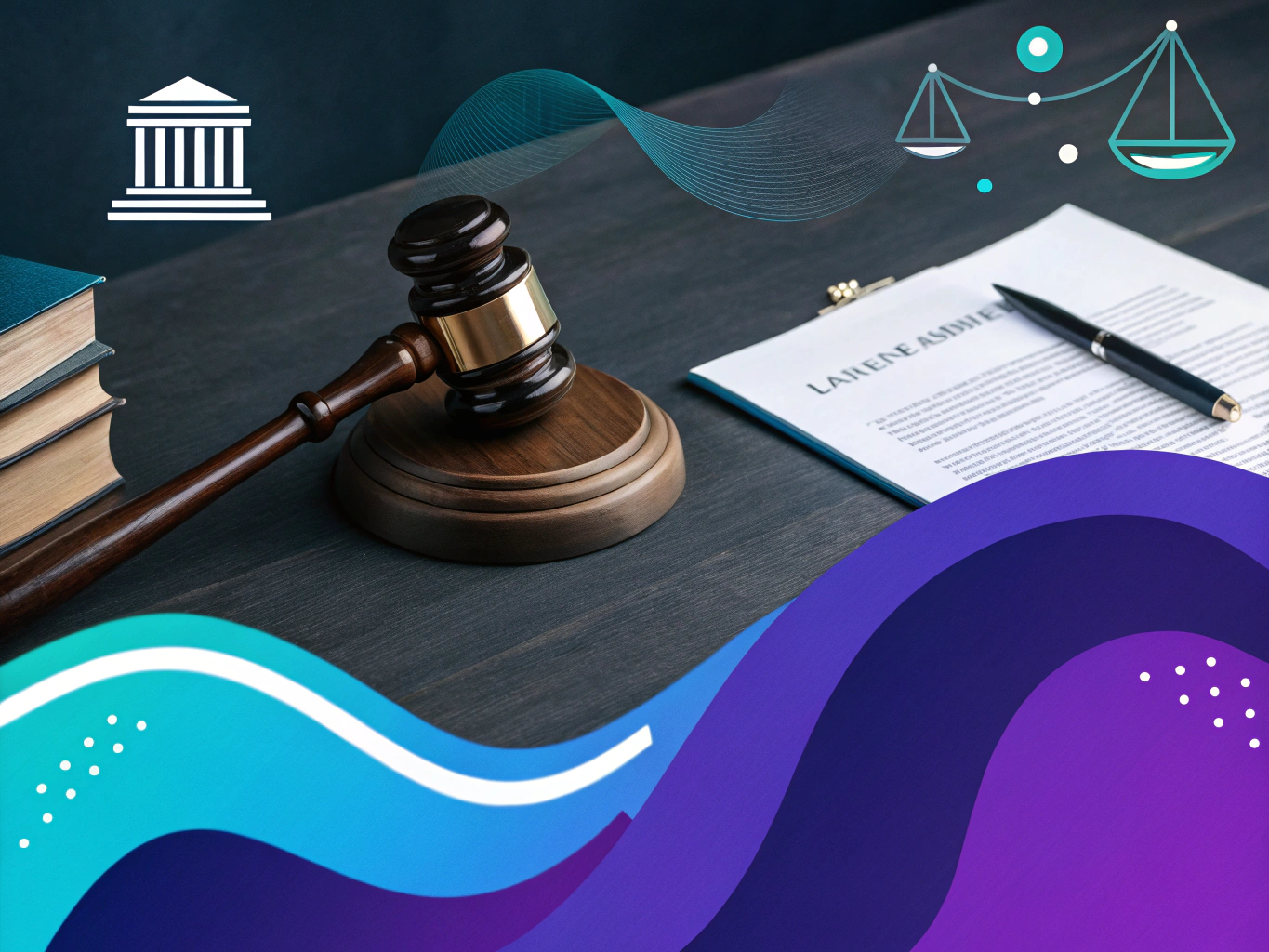
This is where many Amazon sellers face their first big decision: choosing a business structure. It’s kind of like picking a character class in an RPG—each has its own strengths and special abilities.
Sole Proprietorship
The simplest way to start selling on Amazon is as a sole proprietorship. It’s the default “I am an individual” option when registering with Amazon, and it requires minimal paperwork. But here’s the catch—you’re personally liable for everything. It’s like playing without a shield in a game where fireballs are flying at you.
Registration is straightforward, but you might still need local business licenses depending on your location. And yes, you can sell on Amazon without an LLC, but that doesn’t mean you should.
For a different approach, consider learning how to resell on Amazon effectively.
LLC and Corporation Considerations
Creating an LLC for Amazon FBA, such as in Walmart fulfillment services, is like upgrading your character’s armor—it provides protection for your personal assets. Most successful sellers eventually choose this route, and for good reason. The liability protection alone is worth the extra paperwork and fees.
When considering what type of business is best for Amazon sellers, LLCs often win out because they balance protection with operational flexibility. Think of it as the sweet spot between a sole proprietorship’s simplicity and a corporation’s complexity.
Product-Specific Licensing and Permits
Different products come with different regulatory baggage. It’s like dealing with various quest requirements in a game—some are straightforward fetch quests, others require specific skills or credentials.
Regulated Products
If you’re selling food, beverages, cosmetics, or anything that goes in or on the body, you’re entering a whole new level of complexity. You’ll need specific permits and may require FDA registration. It’s not just about getting a wholesale license to sell on Amazon—it’s about proving you can handle these products safely.
The reseller permit Amazon requires is just the beginning. Each product category might need its own special certifications or compliance documentation.
Industry-Specific Requirements
Manufacturing? Import/export? Each niche comes with its own set of rules. Getting a company registration number for Amazon might be the easy part compared to securing all the necessary industry-specific permits.
Tax Obligations and Permits
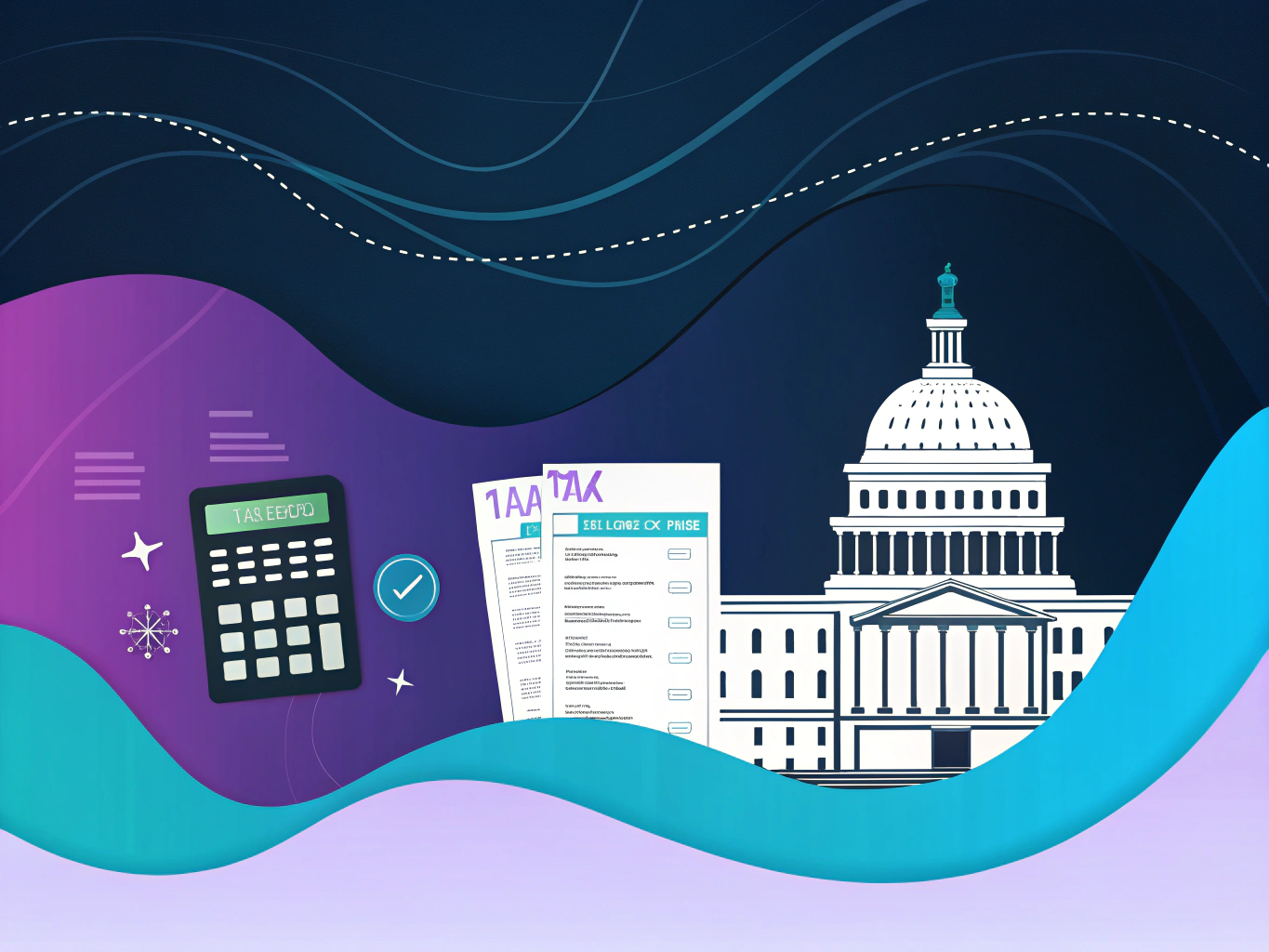
Taxes are like the final boss battle of Amazon selling—unavoidable and potentially devastating if you’re not prepared.
Sales Tax Requirements
Economic nexus is the new normal in the post-Wayfair world. If you’re selling enough in a state, you’ll need to collect and remit sales tax there. Amazon helps with collection in many cases, but understanding your obligations is crucial.
For those new to eCommerce, understanding AI marketing tools can help streamline your operations.
Federal Tax Requirements
Getting an EIN is like receiving your official player ID from the government. It’s free, relatively quick to obtain, and essential for most serious Amazon sellers. You’ll need it for tax reporting and possibly for wholesale accounts.
Additional Legal Considerations
Running an Amazon business without proper legal protection is like trying to complete a raid without proper gear—technically possible, but unnecessarily risky.
Insurance Requirements
Product liability insurance isn’t just a good idea—it might be required depending on your sales volume and category. Think of it as your business’s health insurance. You hope you never need it, but you’ll be grateful to have it if something goes wrong.
Trademark and Copyright Compliance
Amazon’s Brand Registry and influencer Amazon storefront options offer additional protection and features, but you’ll need a registered trademark first for the Brand Registry. It’s an investment that pays off in brand protection and enhanced listing control.
Setting Up Your Amazon Business Properly

How long does it take for Amazon to approve a seller account? Usually just a few days, but proper preparation can make the difference between smooth sailing and hitting unnecessary roadblocks.
Documentation Checklist: Your Business’s DNA
- Business registration documents
- EIN confirmation
- Sales tax permits
- Product-specific licenses
- Insurance policies
Compliance Maintenance
Maintaining compliance is an ongoing quest, not a one-time achievement. Set reminders for permit renewals, regular tax filings, and insurance updates. The last thing you want is to have your Amazon business disrupted because you missed a renewal deadline.
Remember, the question “do you need a business license to sell on Amazon” doesn’t have a simple yes/no answer. It depends on your location, business structure, and what you’re selling. But approaching these requirements systematically can turn what seems like an overwhelming challenge into a manageable process.
Product-Specific Licensing and Permits: The Devil’s in the Details
Let’s talk about the elephant in the room – product-specific licensing. This is where many Amazon sellers get that deer-in-headlights look, and honestly? I get it. The requirements can feel like trying to solve a Rubik’s cube blindfolded.
Regulated Products: More Than Just Red Tape
If you’re selling food, beverages, cosmetics, or anything that goes in or on someone’s body, you’re entering a whole new dimension of licensing requirements. It’s like leveling up in a video game, except instead of power-ups, you’re collecting permits.
Food and beverage sellers, you’ll need FDA registration and potentially state-specific food handling permits. Cosmetics? The FDA has their eyes on you too. And if you’re thinking about selling supplements – well, that’s like playing regulatory Jenga while blindfolded.
Do I Need a Wholesale License to Sell on Amazon?
Here’s where it gets interesting. A wholesale license (or reseller permit) isn’t automatically required to sell on Amazon, but it might be your golden ticket to better profit margins. Think of it as your VIP pass to wholesale pricing – and who doesn’t want that?
Best Practices for Amazon Sellers: Beyond the Basics
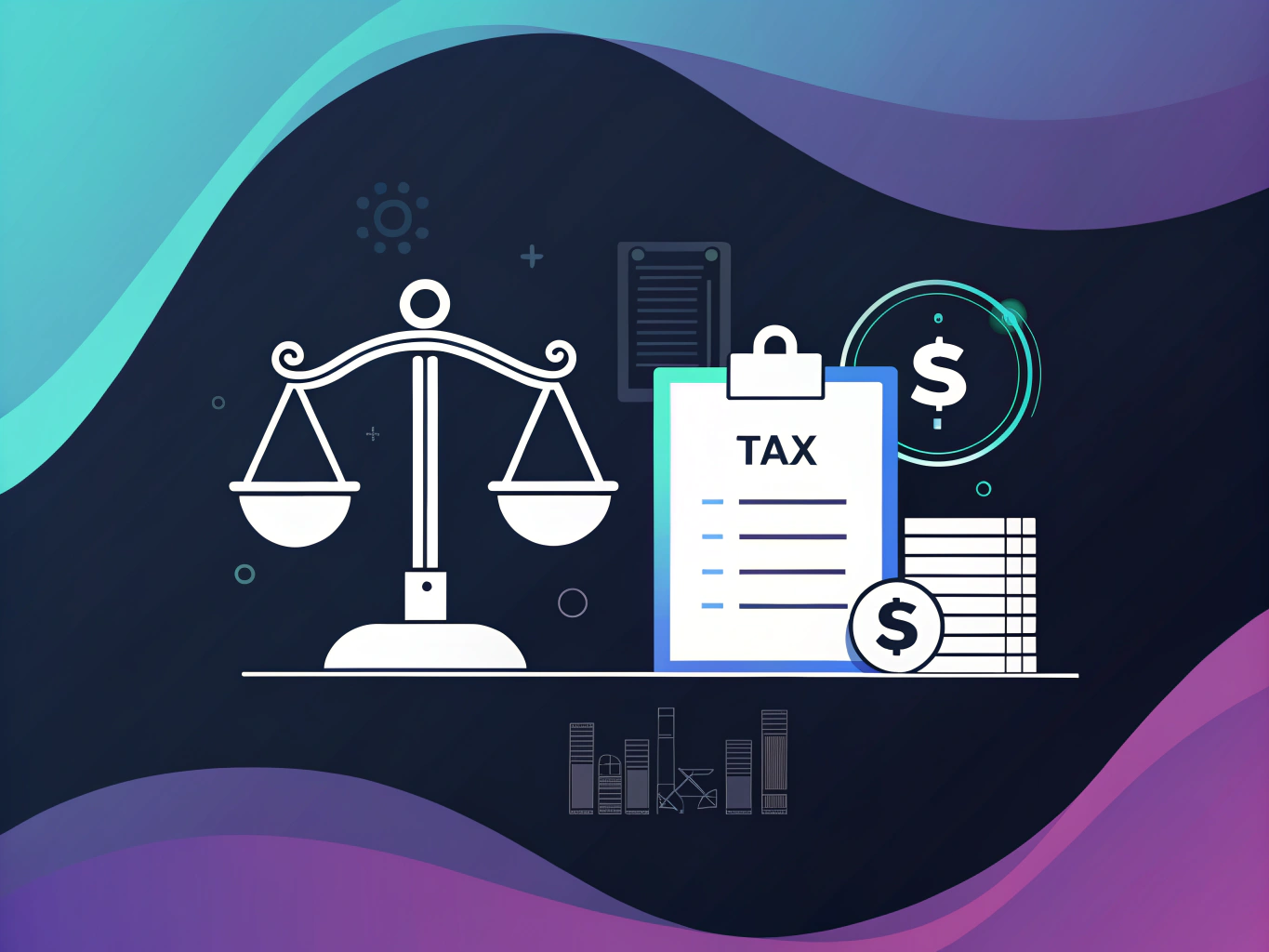
The question isn’t just “do you need a business license to sell on Amazon” – it’s “how do you set yourself up for success?” Here’s where many sellers miss the forest for the trees.
Professional Operations: Act the Part
Separate business bank accounts aren’t just good practice – they’re essential for maintaining your sanity during tax season. Trust me, your future self (and your accountant) will thank you.
For sellers looking to expand, learning how to increase sales on Amazon is a valuable skill.
Common Mistakes to Avoid: Learn from Others’ Pain
I’ve seen too many sellers learn these lessons the hard way. Don’t be that person who has to explain to the IRS why your business and personal expenses are more tangled than your old Christmas lights.
Legal Pitfalls: The Expensive Lessons
Operating without required licenses isn’t just risky – it’s potentially business-ending. Amazon’s getting stricter about compliance, and government agencies aren’t known for their sense of humor about these things.
Final Thoughts: Your Path Forward
So, do you need a business license to sell on Amazon? The answer is: it depends. But more importantly, the question you should be asking is: how can I build a sustainable, compliant business that’s ready for whatever Amazon and the market throw at it?
Remember, success on Amazon isn’t just about finding the right products or optimizing your listings (though those things matter). It’s about building a real business with real foundations. Think of it like building a house – you can have the most beautiful design in the world, but without proper foundations, it’s all just a house of cards waiting to fall.
Start right, stay compliant, and build for the future. Whether you’re selling physical products or diving into KDP Amazon publishing, your Amazon business isn’t just a side hustle – it’s your ticket to entrepreneurial freedom. Treat it that way from day one.
👉👉 Create Photos, Videos & Optimized Content in minutes 👈👈
Related Articles:
- How to Increase Sales on Amazon: 7 Proven Expert Tips
- Amazon Reselling in 2024: Beginner’s Success Blueprint
- Temu Return Policy: A Complete Guide for Easy Refunds
Frequently Asked Questions
Do I need seller permit to sell on Amazon?
Whether you need a seller permit to sell on Amazon depends on your local laws and the type of products you intend to sell. Typically, a seller permit is required if you are selling taxable goods, as it allows you to collect sales tax from customers. It’s important to check the specific requirements of your state or country to ensure compliance.
How to get a company registration number for Amazon?
To get a company registration number for Amazon, you typically need to register your business with the appropriate government body in your country or state. This process varies by location but generally involves filing the necessary paperwork and paying a fee. Once registered, you will receive a company registration number, which you can use to set up your Amazon seller account.
Do you need a business license to sell on Amazon?
While Amazon itself does not require a business license to set up a seller account, your local government might. A business license is often necessary if you are operating a business in a specific locality, selling taxable goods, or need to meet other regulatory requirements. It’s advisable to consult local regulations to ensure you’re operating legally.
Do you need a business license to sell on Amazon FBA?
For Amazon FBA, similar rules apply as selling directly on Amazon. Amazon doesn’t require a business license for FBA sellers, but you may need one based on your location and the nature of your business. Check with local authorities to determine if a business license is required for shipping products to Amazon FBA warehouses and selling online.
Do you need a business license to sell on Amazon in California?
In California, you generally need a business license if you engage in business activities in the state, including selling on Amazon. Additionally, California requires sellers to hold a seller’s permit if they sell taxable goods, which allows them to collect sales tax. It’s important to comply with state regulations to avoid any legal issues.
About the Author
Vijay Jacob is the founder and chief contributing writer for ProductScope AI focused on storytelling in AI and tech. You can follow him on X and LinkedIn, and ProductScope AI on X and on LinkedIn.
We’re also building a powerful AI Studio for Brands & Creators to sell smarter and faster with AI. With PS Studio you can generate AI Images, AI Videos, Chat and Automate repeat writing with AI Agents that can produce content in your voice and tone all in one place. If you sell on Amazon you can even optimize your Amazon Product Listings or get unique customer insights with PS Optimize.
🎁 Limited time Bonus: I put together an exclusive welcome gift called the “Formula,” which includes all of my free checklists (from SEO to Image Design to content creation at scale), including the top AI agents, and ways to scale your brand & content strategy today. Sign up free to get 200 PS Studio credits on us, and as a bonus, you will receive the “formula” via email as a thank you for your time.
